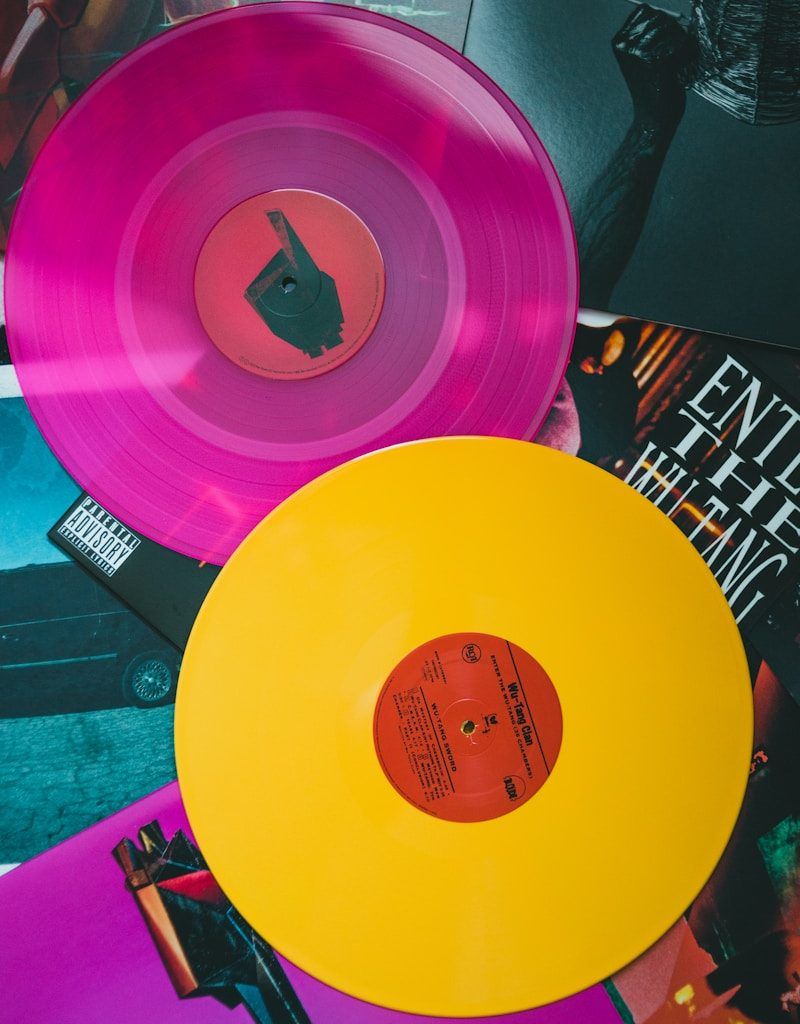If you’re a music fan, artist, or even just casually dipping your toes into the vast world of music, you’ve probably stumbled across the terms “EP” and “album.” They’re both types of music releases, but what’s the difference between an EP and an album? At first glance, they might seem similar, but there are some key distinctions worth exploring. Let’s break it down in a way that’s easy to understand.
What Is an EP?
EP stands for “Extended Play.” Think of it as something between a single and a full album. It’s longer than a single (which usually has just one or two songs) but shorter than an album. Typically, an EP will have about 3 to 5 songs and last around 15 to 30 minutes. The exact length can vary depending on the artist and genre.
EPs are often used by artists to showcase a small collection of work. They’re especially popular among up-and-coming musicians who want to give their audience a taste of their style without committing to a full-length album. Sometimes, established artists release EPs to experiment with new sounds or themes.
Why Do Artists Release EPs?
There are a few reasons:
- Experimentation: EPs allow artists to test new styles or ideas.
- Affordability: Producing a shorter release can be less expensive than creating a full album.
- Engagement: For new artists, an EP is a great way to connect with listeners without overwhelming them with too much material.
- Flexibility: They’re easier to produce and release quickly compared to an album.
What Is an Album?
An album is a more substantial collection of music. Most albums have at least 8 to 12 tracks and can last anywhere from 30 minutes to over an hour. Unlike an EP, an album is a more comprehensive showcase of an artist’s work and often has a cohesive theme or story.
Albums have been the cornerstone of the music industry for decades. They allow artists to fully express their creativity and provide listeners with a deeper dive into their music.
Why Do Artists Release Albums?
- Storytelling: Albums often tell a story or explore a central theme.
- Legacy: A great album can cement an artist’s place in music history.
- Revenue: Albums tend to generate more income through sales and streaming compared to EPs.
- Fulfillment: Many artists see releasing a full album as a milestone in their careers.
Key Differences Between an EP and an Album
1. Length and Number of Tracks
The most noticeable difference is the length. EPs are shorter, with fewer tracks, while albums are longer and contain more songs. If you’re trying to distinguish between the two, the duration is often a giveaway.
2. Purpose
EPs are often more experimental and less polished than albums. They’re like a sneak peek into an artist’s style, whereas albums are a more complete and polished product.
3. Production Time and Cost
Creating an album requires more time, effort, and resources compared to an EP. Albums often involve more elaborate production, marketing, and promotion.
4. Fan Experience
Listening to an EP is like having a quick snack, while diving into an album feels more like enjoying a full meal. Albums are designed to immerse listeners for a longer period.
When Should You Release an EP vs. an Album?
For artists, deciding between an EP and an album depends on a few factors:
- Career Stage: New artists might start with an EP to build their fanbase. Established artists often lean towards albums to deliver more content.
- Creative Vision: If you have a collection of songs that tell a story or fit together, an album might be the better choice.
- Budget: Albums are costlier to produce, so an EP might be a smarter move for artists with limited resources.
Examples of Famous EPs and Albums
To better understand the difference between an EP and an album, let’s look at some examples.
Iconic EPs:
- “My Dear Melancholy,” by The Weeknd
- “Jar of Flies” by Alice in Chains
- “No. 6 Collaborations Project” by Ed Sheeran
Iconic Albums:
- “Thriller” by Michael Jackson
- “Abbey Road” by The Beatles
- “Lemonade” by Beyoncé
Conclusion
So, what’s the difference between an EP and an album? It all boils down to length, purpose, and how the music is presented. EPs are shorter, more experimental, and often used by artists to connect with their audience quickly. Albums, on the other hand, are longer, more polished, and allow for a deeper exploration of an artist’s creativity.
Whether you’re a listener trying to understand the music world better or an artist deciding on your next release, knowing these distinctions can help you make sense of it all. Music is a universal language, and both EPs and albums play important roles in keeping that language alive and thriving.
Related Articles:
For further reading, explore these related articles:
- A Guide to Finding a Good Name for Your Music Band
- Spotify Music Campaign: A Game-Changer in Music Marketing
For additional resources on music marketing and distribution, visit DMT Records Private Limited.






